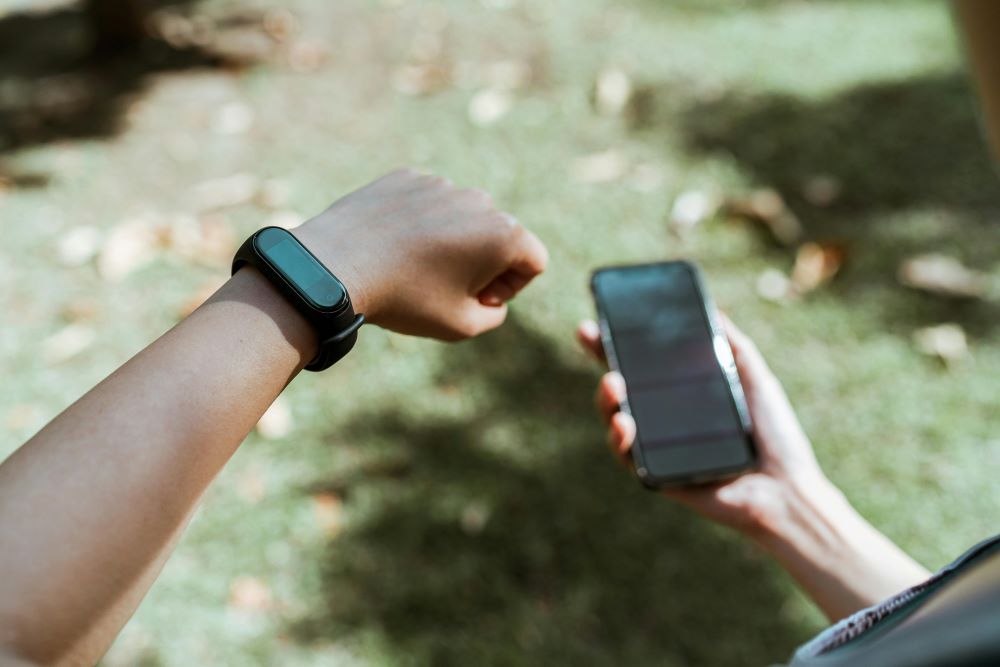A new app uses proven opioid recovery methods to improve program retention in underserved communities.
A recent study by researchers at the University of Texas Health Science Center in San Antonio has revealed promising results in treating opioid use disorder (OUD) by combining traditional medication with a smartphone app. This app-based intervention, which incorporates both therapy and peer support, a combination often used in person at community mental health agencies, significantly reduced opioid use and improved treatment retention among underserved patients.
The research followed 600 individuals who were either uninsured or underinsured and enrolled in opioid treatment programs across Texas. The study spanned three years, from late 2020 to late 2023. Participants were given the option of receiving medication for OUD alone or supplementing it with the use of a smartphone app. Those who used the app alongside their medication reported 35% fewer days of opioid use compared to those relying solely on medication. Additionally, app users stayed in treatment nearly 19% longer than their counterparts.
Medication options like methadone, buprenorphine, and naltrexone have long been the cornerstone of OUD treatment. These drugs are effective in reducing opioid-related complications and saving lives. Yet, many patients struggle to maintain their progress and remain in treatment. This highlights the need for additional tools to address these challenges.
Behavioral therapies have proven helpful in treating OUD, but they often require frequent in-person visits, which can pose logistical hurdles for many patients. Contingency management (CM) is one such therapy, rewarding patients for meeting treatment milestones, such as negative drug test results. Despite its effectiveness, traditional CM programs often demand significant time and travel commitments, making them less accessible to people with limited resources. The COVID-19 pandemic further complicated access to these services, with patients hesitant to attend in-person sessions.

This is where the smartphone app comes in. Designed to integrate CM principles into a flexible, user-friendly format, the app offers features that go beyond substance-related goals. It allows users to set and track daily objectives, such as attending support meetings, engaging in physical activity, or pursuing personal interests. The app also includes a peer support platform, enabling users to connect with certified recovery coaches and participate in virtual group meetings. These features make the app an adaptable tool that patients can use on their own schedule, eliminating the need for frequent clinic visits.
The app’s benefits extend to its ability to track progress and reward users for achieving their goals. It provides real-time feedback and encouragement, reinforcing positive behaviors. By offering this level of support, the app bridges the gap between traditional therapy and modern technology, making recovery more accessible and sustainable for those in need.
The study’s findings are particularly relevant for underserved communities, where barriers to care are often higher. Transportation, childcare, and work obligations can make it difficult for individuals to commit to in-person therapy sessions. A smartphone app offers a practical solution, allowing users to participate in their treatment wherever they are. This flexibility is crucial for maintaining engagement and achieving better outcomes.
By the end of the study, participants using the app reported an average of just over eight days of opioid use during their treatment period, compared to 12 days for those using medication alone. Furthermore, app users stayed in treatment for an average of 290 days, while those in the medication-only group averaged 236 days. These differences underscore the potential of combining medication with digital tools to improve OUD treatment.
The researchers emphasize that the success of this approach lies in its ability to empower patients. The app’s design encourages users to take an active role in their recovery, setting personalized goals and accessing support on their terms. This sense of autonomy can be a powerful motivator, helping individuals stay committed to their treatment plans.
This study not only highlights the potential of technology to enhance traditional treatments but also addresses the urgent need for innovative solutions in the ongoing opioid crisis. As overdose rates continue to rise, finding new ways to support recovery is more important than ever. For many, the integration of medication, behavioral therapy, and technology could be the key to lasting change. This app-based approach offers hope to individuals battling OUD and demonstrates the value of blending proven methods with modern innovations to meet the needs of today’s patients.
Sources:
Smartphone app enhances retention and reduces opioid use in patients
Smartphone App–Based Contingency Management and Opioid Use Disorder Treatment Outcomes


Join the conversation!